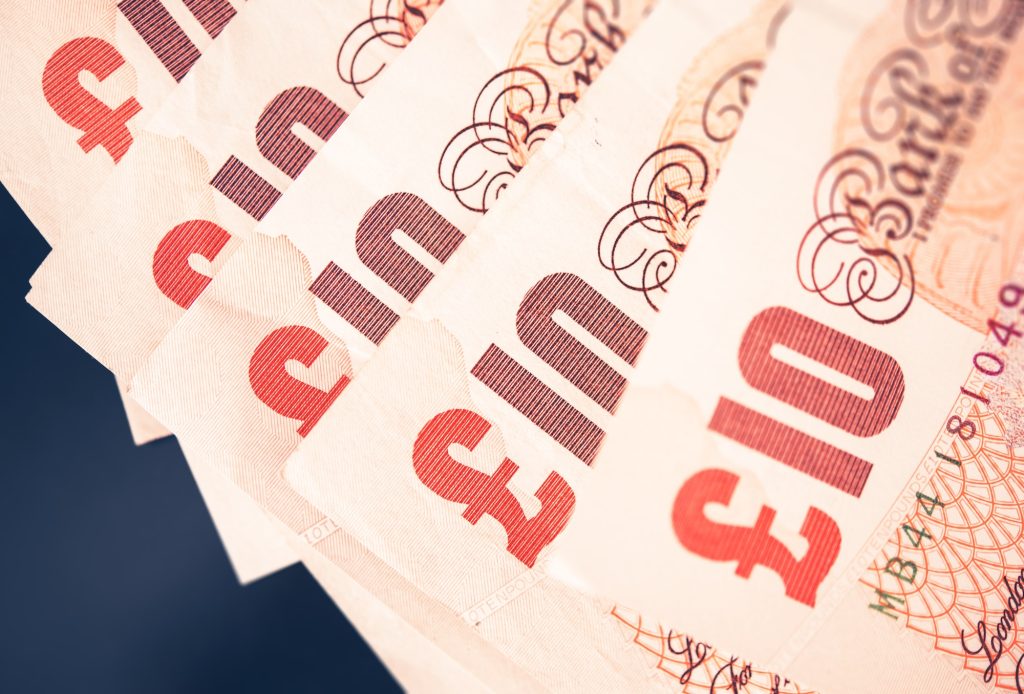The Bank of England has raised its central interest rates by 0.25% to bring it to 4.5%. This rate hike announced on Thursday, is the twelfth consecutive hike in as many meetings, and has brought interest rates in the United Kingdom to a 15-year high. The announcement led to a rally in the pound’s value, rising against both the dollar and the euro (against which it reached a five-month peak) before stabilising.
Nor is the interest rate expected to stay at this level, with Andrew Bailey, the Governor of the Bank of England, promising to stay on course to check inflation – the highest of any major economy. Investors have already started preparing for further rate hikes and have priced in an expected peak of 5% by this autumn.
The UK has been struggling with record inflation.
Even though the Bank of England was the first central bank of any major economy to predict the inflation surge and start raising interest rates, it has still been criticised by many for doing too little, too late to curb inflation in the UK, which reached a 40 year high of 11.1% in October. The global inflation surge has hit the UK especially hard due to the effect of a messy Brexit on supply chains.
One major factor for the high inflation in the UK is the British dependence on imported fuel in the form of natural gas for its energy needs, which has left it high and dry in the wake of the global energy shortage after Russia invaded Ukraine. Furthermore, higher food prices, partially from the effects of Brexit, have also contributed to the increase in consumer prices.
“We have to stay the course to make sure inflation falls all the way back to the 2% target,” Bailey said at the start of a press conference before stressing that the BoE was not sending any signals about its next moves, which would depend on data. “If there were to be evidence of more persistent pressures, then further tightening in monetary policy would be required.”
What does the future hold for the British economy?
While the Bank of England is no longer forecasting a recession after an increase in projected growth (to 0.25% growth from an expected 0.5% contraction), it does expect inflation to fall more slowly as well. The bank aims for a target of 2% inflation, as compared to the 10%-above in March.
It is also expected that the interest rate hikes will increase costs for household borrowers. “Although it is good news that the Bank of England is no longer forecasting a recession, today’s interest rate rise will obviously be very disappointing for families with mortgages,” said British finance minister Jeremy Hunt.
The Bank of England is not alone in its policy of monetary tightening, with both the US Federal Reserve and the European Central Bank raising interest rates as well last week by 25 basis points. However, both central banks have hinted at a pause in future rate hikes as banks struggle with the sharp rise in borrowing costs, while the Bank of England seems set on further increases instead.
